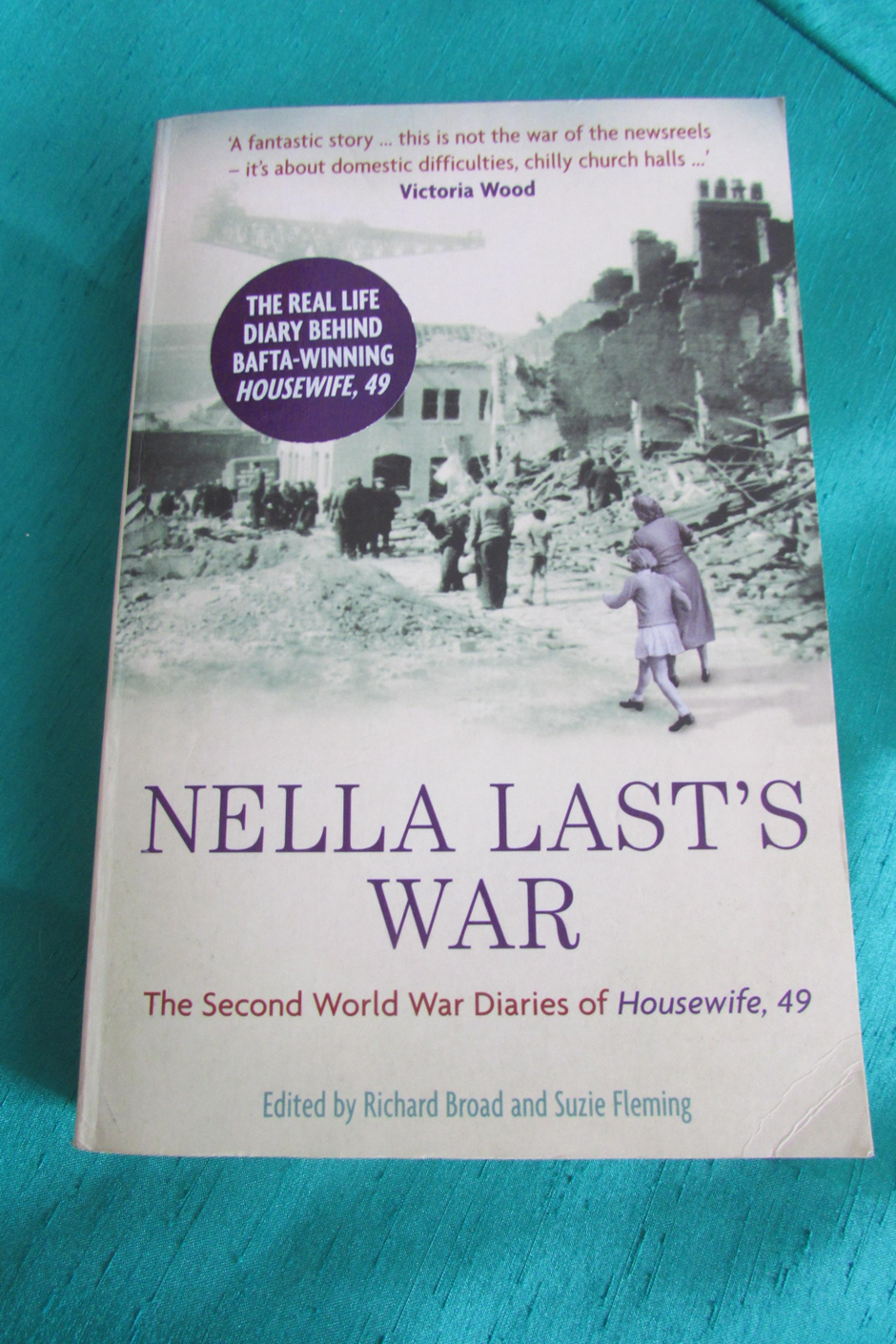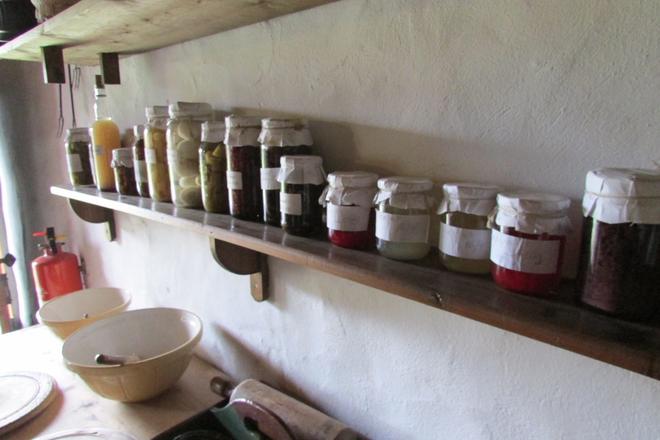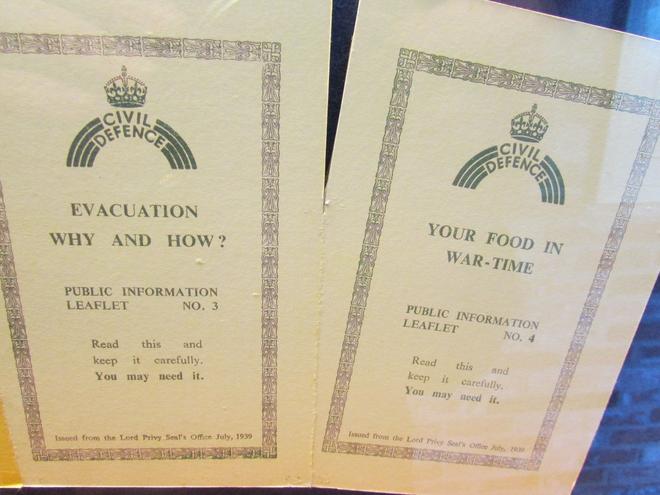
+1 234 567 8910
Nella Last's War
The Second World War Diaries of Housewife 49
edited by Richard Broad and Susie Fleming

In 1937, Charles Madge, a poet and journalist and Tom Harrisson an anthropologist, set up the Mass Observation unit to record ‘the voice of the people.’ Volunteers were recruited from around the country to send in reports and diaries, detailing their day-to-day activities.
Two years later, Nella Last, a middle-aged housewife who lived in Barrow in Furness, leading a normal, ordinary and somewhat mundane life, began writing a diary for the Mass Observation project. She continued to do so for 30 years, leaving a permanent record of her life and her perspective on the times that she was living through. During the second world war, she was to write over two million words!
‘Nella Last’s War’ is an edited version of Nella’s diary entries through war time. She is the voice of an ordinary woman, wife and mother living through uncertain times. She talks about her fears for her family and the future, rationing concerns, her purpose in life or lack of, joining the WVS to ‘do her bit’ and her marriage. It is honest, open and highly relatable.
The book was turned into an ITV drama by the talented Victoria Wood called ‘Housewife 49’ which referred to Nella’s title at the Mass Observation Project. This statement was written at the top of her first entry, representing her role in life and her age.
The Mass Observation project produced an extraordinary and unique archive of everyday lives


I found this book fascinating - a true insight into the mind of an ordinary woman living in extraordinary times. Reading about her dull life, her desire to do something good for the war effort, provide interesting meals on basic rations and support her children in their work and in the forces still resonates with many women today. She was doing her best, sometimes willingly, sometimes less so! Writing became a daily task for her, but not one that became a chore. Her diary entries became a release: an opportunity to speak the truth, work through her feelings and to be honest about her life and what she thought of her marriage.
The authors have made some amendments and corrections in collating the book, mainly to spelling and grammar, as Nella’s writing was spontaneous and not checked or edited at the time. This makes it a clear and easy read but does not detract from Nella’s writing style.
At the end of the book is an afterword by Nella’s son Cliff, a glossary, abbreviations list and useful information on money, wages and prices at the time of World War 2.
The Mass Observation Project is still in operation and collects views on a variety of subjects, but is not currently recruiting new observers due to high interest at the present time. Further information on the Project and its history can be found at www.massobs.org.uk
I can highly recommend the book, its two sequels and the TV programme if you want an honest view of life on the home front and beyond, for an ordinary woman known as Housewife 49.